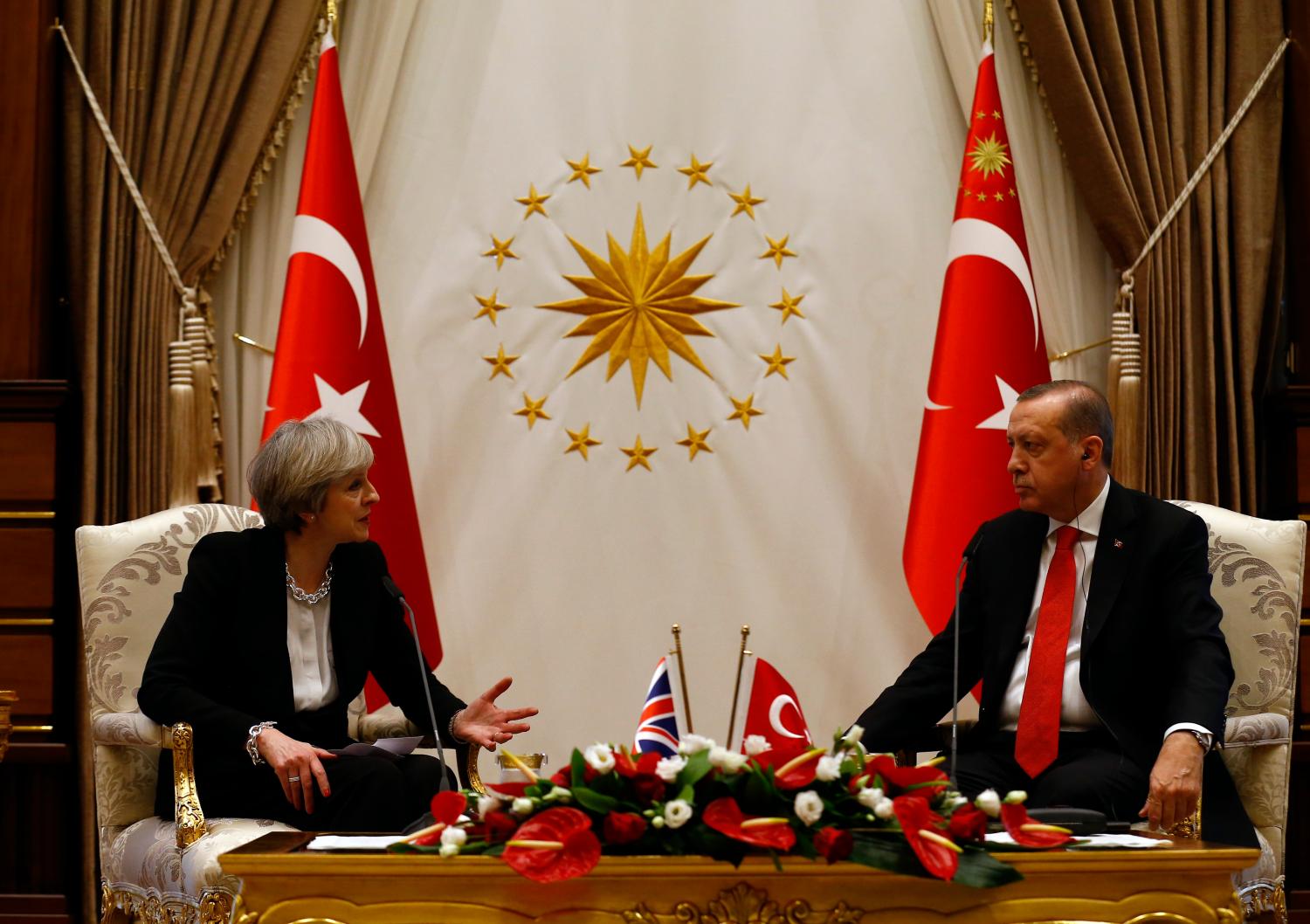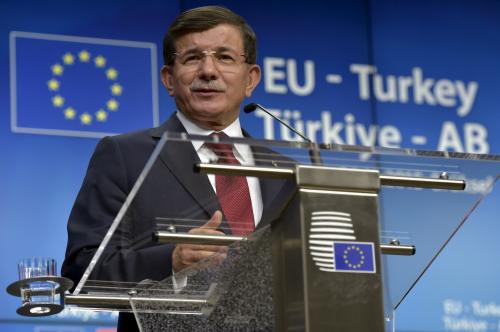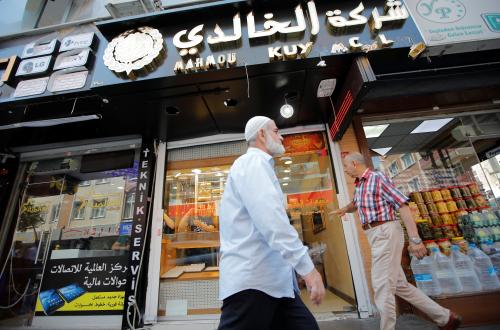British and Turkish policymakers face a very similar conundrum. They both need to reconstruct a relationship with Europe under the newly changed assumptions about their future status. The U.K. is on its way to becoming an EU non-member, while Turkey realizes that it may never get to be an EU member. They are therefore starting their political journey from different angles, but may well end up at a very similar vantage point.
It follows from this premise that there will be some common challenges facing the two capitals as they strive to negotiate a new framework that would underpin their relations with the European Union. Sinan Ülgen’s report focuses on two such areas, namely trade policy and security policy, to explore whether a more collusive Turkey-U.K. relationship can assist the two governments in improving their negotiating position. This does not necessarily mean that the U.K. and Turkey should jointly negotiate with Brussels; yet, it does mean that establishing regular bilateral consultations between Ankara and London in advance of and possibly in parallel to their several rounds of negotiations with the EU may be of mutual benefit. Ülgen argues that identifying common concerns, establishing joint goals, and coordinating negotiating positions could serve these two countries during their critical negotiations with the EU.







